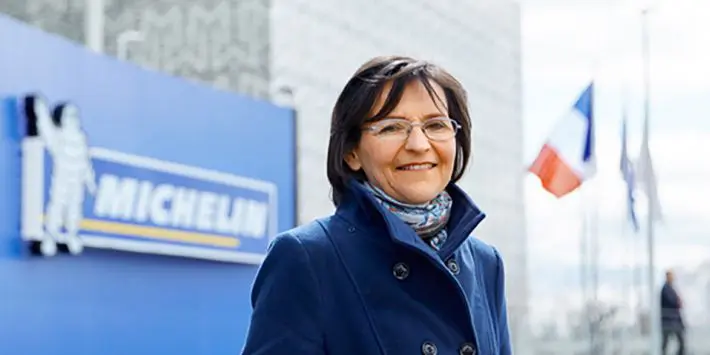The European Patent Office (EPO) has announced the finalists for the European Inventor Award 2019.
British engineers Richard Palmer and Philip Green have been nominated in the category “SMEs” for developing an intelligent material that hardens upon impact.
Incorporated into protective gear, today D3O materials provide greater comfort and a higher level of protection than conventional padding.
The material is being sold in more than 50 countries and has been adopted by leading brands such as 3M, CCM, Scott Sports and Triumph.
Now established beyond the sporting goods market, D3O is being used in motorcycle gear, protective cases for consumer electronics including phones, industrial workwear and military protection including helmet pads and limb protectors.
“Palmer and Green show how two committed individuals can apply engineering skills to develop an innovative material and create a commercial product,” said EPO President António Campinos about the UK inventors’ nomination. “For these inventors, obtaining patent protection was crucial in helping them secure investment and funding to set up their business.”
The winners of the 2019 edition of the EPO’s annual innovation prize will be announced at a ceremony in Vienna on 20 June. The Award will be given in the five categories of “Industry”, “Research”, “Non-EPO countries”, “SMEs” and “Lifetime achievement”. The finalists and winners are selected by an independent, international jury.
In addition, the public will choose the winner of the Popular Prize from among the 15 finalists by voting online on the EPO’s website in the run-up to the ceremony.
The 2019 finalists come from 12 countries: Austria, France, Germany, Israel, Italy, Japan, the Netherlands, Norway, Poland, Spain, the United Kingdom, and the United States. They were selected by the jury from a pool of hundreds of inventors and teams of inventors put forward by members of the public, national patent offices around Europe, and EPO staff.
The inventions cover a range of fields including eco-packaging, rechargeable batteries, genetics, agricultural technology, video coding, cancer diagnosis, electron microscopy, advanced driver assistance systems and plastic recycling.


